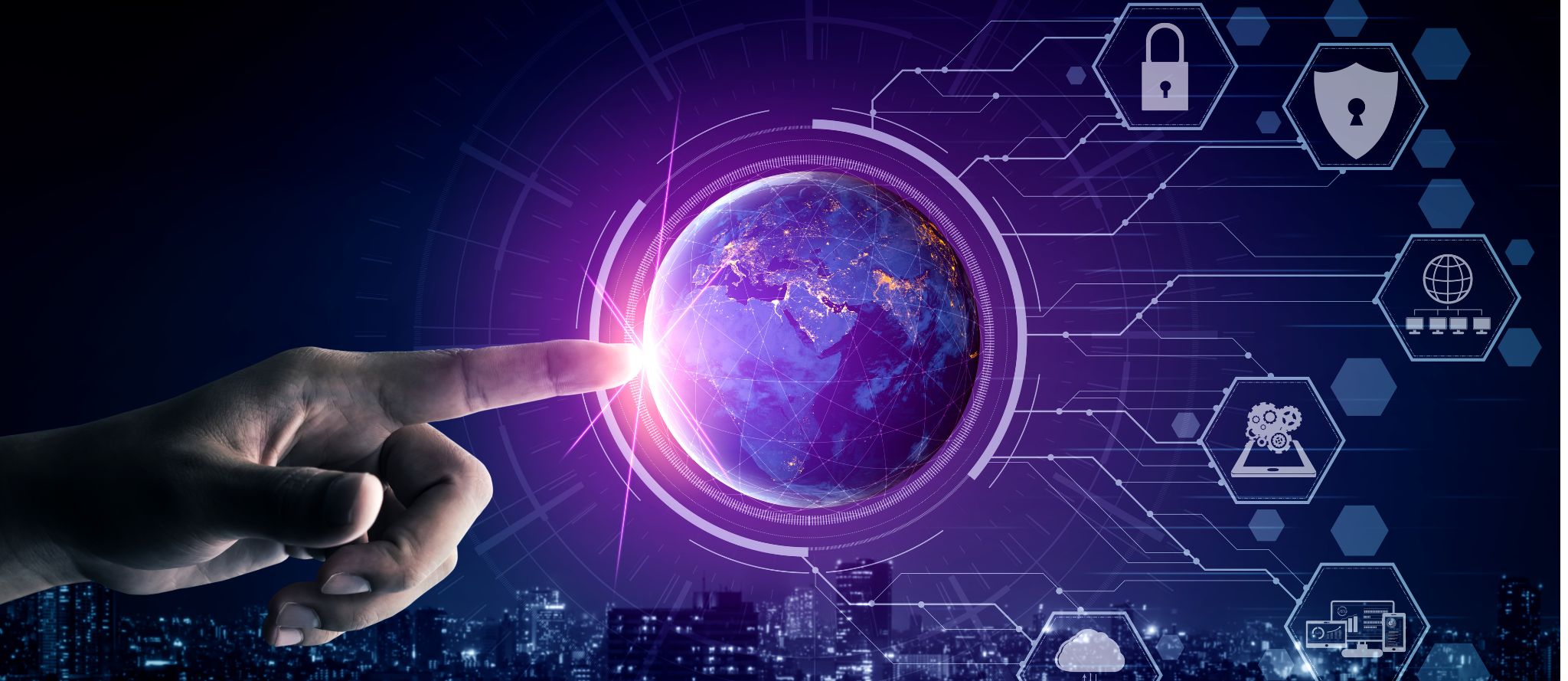Due to this, it’s essential you know how to reinforce your Office Cyber Security and stay safe from online threats. Unfortunately, not only are attacks growing in number, but they are also becoming increasingly sophisticated. The right office cyber security, however, goes a long way to protecting your company.
Below are some key tips to keep in mind:
Strong passwords are a must.
It is an obvious starting point, but it needs to be underlined: you must use strong passwords for your accounts.
As for how to craft a strong password, you must consider using a combination of letters (including upper case ones), numbers, and symbols. Of course, the longer the number of characters used, the better. Plus, the password should avoid any personal link.
Furthermore, it would help if you changed your passwords regularly. Yes, it is an inconvenience – although a password manager helps with the process – but it improves your protection against potential attacks.
Enable two-factor authentication when possible.
Even a strong password may not be enough to stop hackers. Two-factor authentication should be incorporated when possible.
Two-factor authentication is an extra layer of protection. Along with a password, another form of authentication – such as a code sent to your mobile phone – is required before you can log in to your account.
Even if a cybercriminal is able to acquire your password, it is highly unlikely they’ll be able to cover the other authentication factor. The result: they are stopped in their tracks.
Use antivirus software
Again, it’s another self-explanatory point. Yet you’d be surprised at the number of businesses that overlook the need for antivirus software.
You cannot simply opt for a basic option. It is essential you select antivirus software that is reputable and remains constantly updated.
Regarding the latter point, you also have to keep this software up-to-date.
Keep backups of your important files
What if disaster strikes? What if a cybercriminal manages to gain access to your all-important files? This is where foresight and preparation can be imperative. By keeping backups of your important files, you are able to restore these and ensure minimal damage from potential attacks.
When creating file backups, you should make efforts to store these offsite. A regular backup schedule is also necessary.
Be mindful of using public Wi-Fi
If you venture outside the office and do work in a public setting, you need to proceed with caution when using public Wi-Fi. If this Wi-Fi is unsecured, it supplies a gateway for cybercriminals to gain access to your system.
One way to prevent this issue is to use a VPN. This delivers encryption when you browse on the internet with public Wi-Fi.

